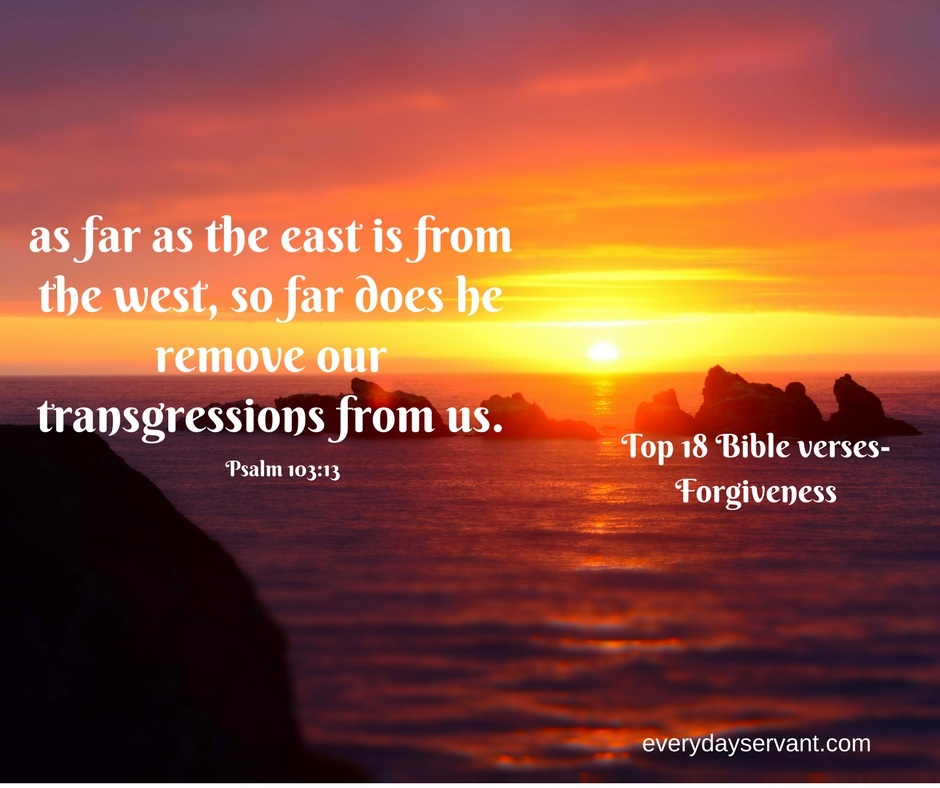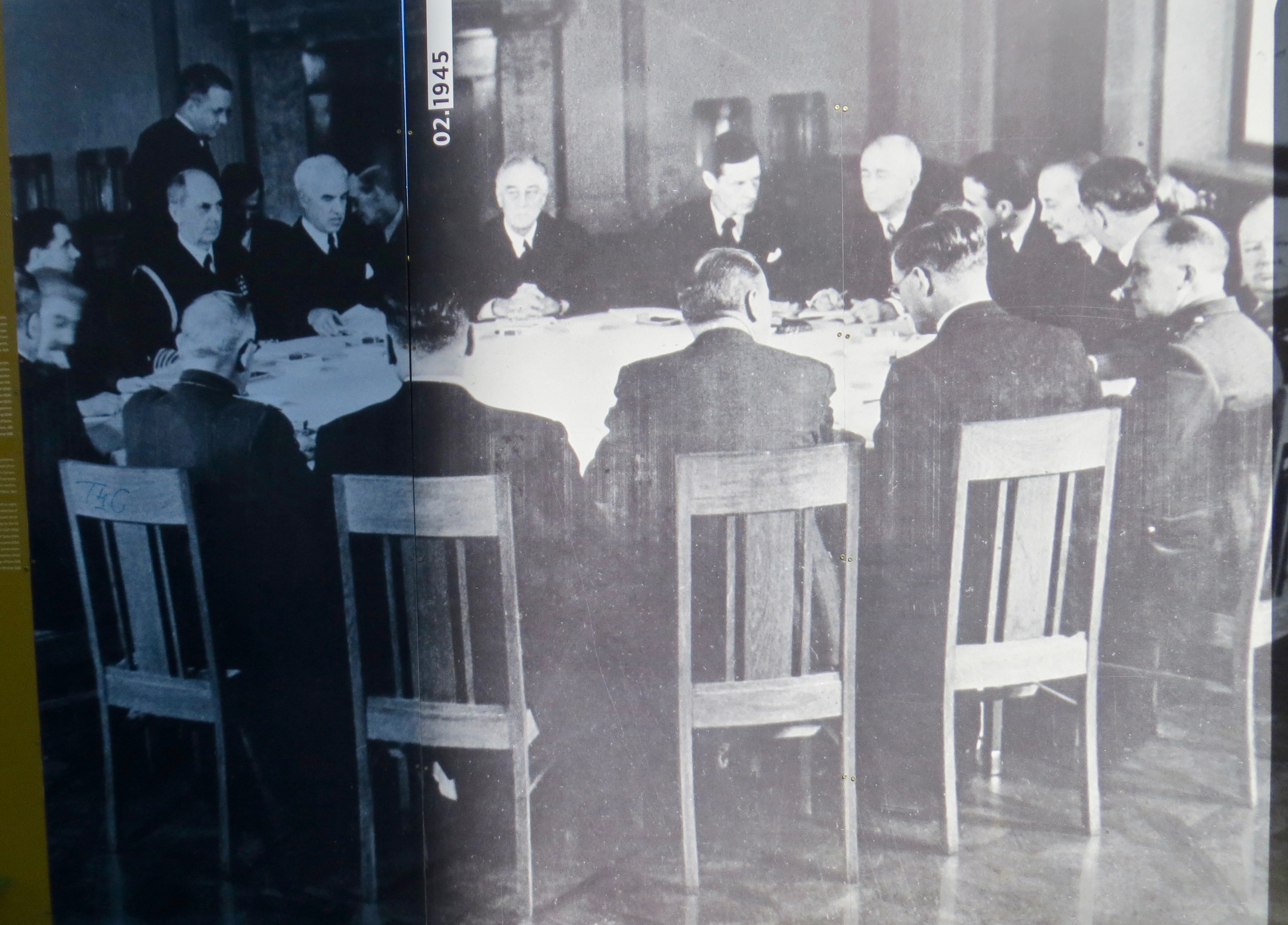
Well, there’s a pretty simple answer . . . and a very complicated one. This book, fresh off the press from Kregel Academic, dives into the complicated intersections of theology, philosophy, ethics, and (perhaps most importantly across disciplines) metaethics on the issues of “What is love?” and “What is the source of morality?” Best (and last) of all, it’s a book on apologetics: “If there is objective moral truth, then the trinitarian God of Christianity is the best explanation of such truth.”
If you believe that last statement, then you may not need to read this book unless.
Unless you have analytical, skeptical friends who want to argue with you about things like whether or not God exists and whether or not there is objective moral truth, or—what is love, anyway?
Okay, so you know your Bible: “God is love” (1 John 4:8), and since He’s the creator and sustainer of the universe (Colossians 1:17), He is definitely the legitimate and wise source of objective moral truth and the moral obligations we’ve been given as humans (Psalm 111:10). Check. Check. Check. BUT, we arrive at all these conclusions by our rock-solid faith in the Scriptures. What about those who don’t believe that the Bible really is the perfect, pure Word of God gifted to us because God is love and He loves us? What about the billions of people who don’t understand that the moral code God has instilled in our hearts and via biblical revelation is for our own good and happiness?
Okay again. I hear you. People won’t ultimately understand this until they become Christians, and studying a book of apologetics might make us brilliant debaters, but it’s not really going to bring anybody to saving faith in Christ per se (which is what we all hope for . . . along with the eternal life they’ll receive). True enough. When my father was starting to consider Christianity after a sixty-year hiatus, it wasn’t because I was winning our religious arguments (and there had been many over the years), it was because he sensed that I truly loved him. His first comforting comment to me was, “I don’t know if there’s such a thing as a Christian, but if there is, you are.”
We can’t argue anybody into heaven, but we can love them, and that’s all God tells us to do! John 16:8 makes it clear that it’s the Holy Spirit who ultimately convicts people of sin and their need for salvation. We can’t “save” anybody. People are born spiritually dead and although they have to be born again to see the Kingdom of God and understand spiritual realities (John 3:3,7), no brilliance on our part is ever going to be the key to unlocking the kingdom for them. Right? It’s the Holy Spirit rebirthing them by grace through faith: a gift from God (Ephesians 2:8). Their faith, not our insight. Humility, not pride. Love, not opposition. God wants us to love and pray. But, we can pray for God to give them the gift of faith, and we know that “whosoever will” can be saved (John 3:16).
It’s also true that a part of loving is trying to understand our loved one’s honest questions and looking for honest answers. It doesn’t hurt to understand the philosophical underpinnings of our faith if we can. Faith comes by hearing and understanding the Word of God (Romans 10:17). The Bible also says to study (2 Timothy 2:15). I think Adam Lloyd Johnson does a beautiful job of defending his theory that the loving relationships between the persons of the triune God is the most reasonable explanation for the foundation of moral values and obligations that we see in the world around us.
His long, carefully crafted lines of reasoning are beyond the scope of this post to summarize in any sort of meaningful way. He’s unraveled and woven together hundreds of threads. So, I can’t condense his book into nine easy take-home points, but I can encourage you to study his “divine love theory” if you’ve seriously puzzled over how the moral code we all experience has come to be. Why is it that humans seem to have some universal dos and don’ts? Why do we all know what’s “good” and “bad”? Mass shootings, rape, stealing, kidnapping—no society approves such actions against their own. I remember visiting South Africa’s Soweto, notorious as the source for much of the crime in Johannesburg. When I asked the tour guide, “Do they also rob each other blind?” he shook his head. “Everybody has their own code. You rob others, but not your own, and if you try, the neighbors know. They have their own system for justice, and they watch out for each other.” I’ve read that’s largely true of gangs too.
But I digress. The point is, misshapen and corrupt as it often is, human societies invariably have moral codes. I think the question isn’t, “Do all humans have a universally agreed-upon moral code?” but “Do all humans universally have moral codes?” The answer to the second question is “Yes.” Where did that sense of right and wrong come from?
“But sanctify the Lord God in your hearts: and be ready always to give an answer to every man that asketh you a reason of the hope that is in you with meekness and fear” (1Peter 3:15).




































































 Although I virtually never read books that counter other religious viewpoints, I have begun reviewing books for Kregel Publications. I think they produce some outstanding Christian resources, and their recent release, Leaving Mormonism: Why Four Scholars Changed Their Minds, intrigued me. The few Mormons I know are clean living and service-minded. In fact, there are many Mormons who serve in our military, and my military kids have become good friends with several because of their moral standards and family values. Therefore, I wondered why four Mormon scholars would take such a strong stand against the teachings of their church.
Although I virtually never read books that counter other religious viewpoints, I have begun reviewing books for Kregel Publications. I think they produce some outstanding Christian resources, and their recent release, Leaving Mormonism: Why Four Scholars Changed Their Minds, intrigued me. The few Mormons I know are clean living and service-minded. In fact, there are many Mormons who serve in our military, and my military kids have become good friends with several because of their moral standards and family values. Therefore, I wondered why four Mormon scholars would take such a strong stand against the teachings of their church. The book is deep and wide. I was blown away by how much I didn’t know. Each of the four scholars trace their own life experience of loving the Mormon Church (some whose lineage can be traced back to the times of Joseph Smith) but growing into such an appreciation for the Bible as the true Word of God (which they go to great lengths to support) that they could no longer believe Mormon doctrines. Why? Because at their heart, many Mormon teachings run contrary to what the Bible says. Consider just a few essential doctrinal contradictions:
The book is deep and wide. I was blown away by how much I didn’t know. Each of the four scholars trace their own life experience of loving the Mormon Church (some whose lineage can be traced back to the times of Joseph Smith) but growing into such an appreciation for the Bible as the true Word of God (which they go to great lengths to support) that they could no longer believe Mormon doctrines. Why? Because at their heart, many Mormon teachings run contrary to what the Bible says. Consider just a few essential doctrinal contradictions: “If certain acts of violation of treaties are crimes, they are crimes whether the United States does them or whether Germany does them, and we are not prepared to lay down a rule of criminal conduct against others which we would not be willing to have invoked against us…We must never forget that the record on which we judge these defendants is the record on which history will judge us tomorrow. To pass these defendants a poisoned chalice is to put it to our own lips as well.” (Justice Jackson, spoken at the Nuremberg Trials)
“If certain acts of violation of treaties are crimes, they are crimes whether the United States does them or whether Germany does them, and we are not prepared to lay down a rule of criminal conduct against others which we would not be willing to have invoked against us…We must never forget that the record on which we judge these defendants is the record on which history will judge us tomorrow. To pass these defendants a poisoned chalice is to put it to our own lips as well.” (Justice Jackson, spoken at the Nuremberg Trials)  There’s been a lot of commentary in the news lately about “moral equivalence”…or a lack thereof. For example, I’m morally superior to a racist, because the racists are wrong. Right? And, I can break the laws in order to stop the racists from their immoral behavior. Right? Wrong!
There’s been a lot of commentary in the news lately about “moral equivalence”…or a lack thereof. For example, I’m morally superior to a racist, because the racists are wrong. Right? And, I can break the laws in order to stop the racists from their immoral behavior. Right? Wrong!  The world around, one of the greatest causes of war is racism and believing that one race or group of people (“mine,” no matter who “mine” is) is superior to another. Those of us who profess to be non-racists may get caught in the trap of becoming moral racists…myself included!
The world around, one of the greatest causes of war is racism and believing that one race or group of people (“mine,” no matter who “mine” is) is superior to another. Those of us who profess to be non-racists may get caught in the trap of becoming moral racists…myself included!  It’s all too easy to believe we’re better than someone else. As Christians, do we think we’re morally superior to other religious groups because we keep the Ten Commandments or follow Christ? Those of you who are atheists, do you think you’re wiser than religious people because you don’t believe in “superstitions” about God? Those of you who are agnostics, do you think you’re intellectually superior, since no one can really prove or disprove the existence of God through philosophical debate?
It’s all too easy to believe we’re better than someone else. As Christians, do we think we’re morally superior to other religious groups because we keep the Ten Commandments or follow Christ? Those of you who are atheists, do you think you’re wiser than religious people because you don’t believe in “superstitions” about God? Those of you who are agnostics, do you think you’re intellectually superior, since no one can really prove or disprove the existence of God through philosophical debate?


 By now, probably everybody and their bunny have seen Zootopia, but it was so cute that I want to write about it anyway in case you missed watching because you thought it was just a Disney movie for kids. It is that, but Zootopia is much more. It’s complicated, and I think it will be a classic.
By now, probably everybody and their bunny have seen Zootopia, but it was so cute that I want to write about it anyway in case you missed watching because you thought it was just a Disney movie for kids. It is that, but Zootopia is much more. It’s complicated, and I think it will be a classic.

